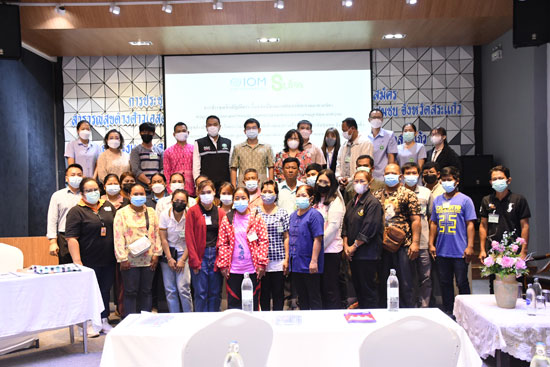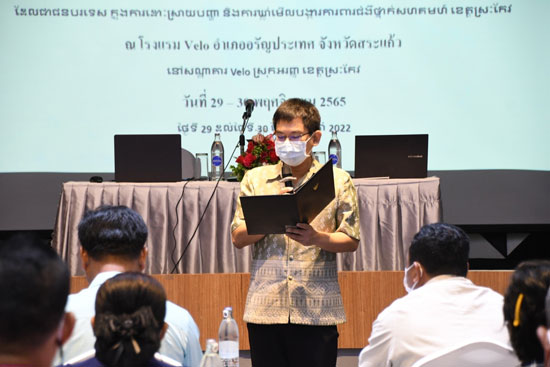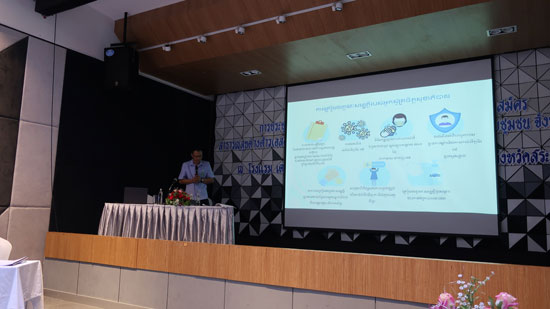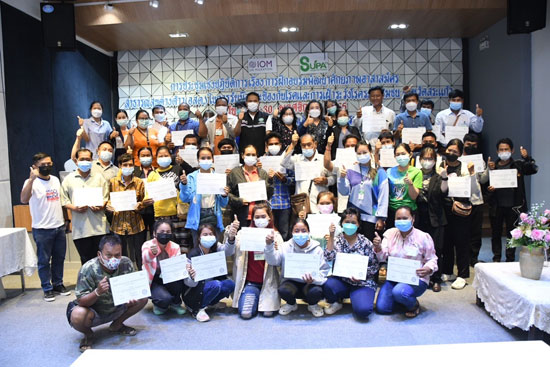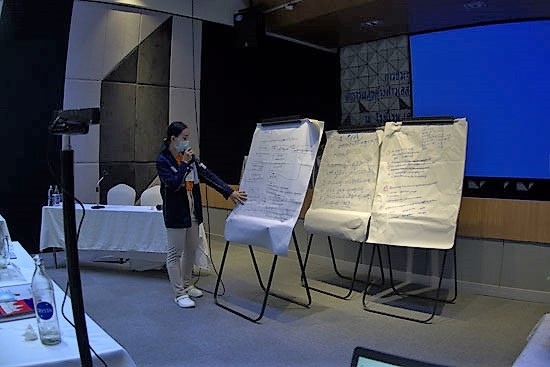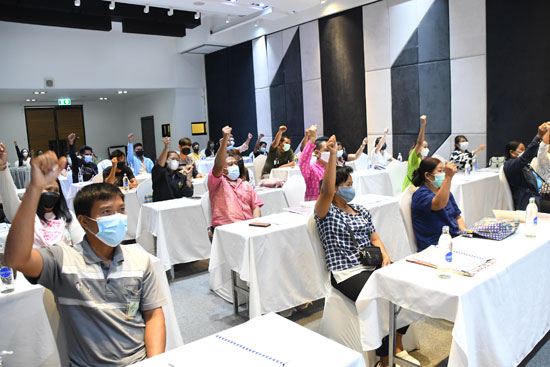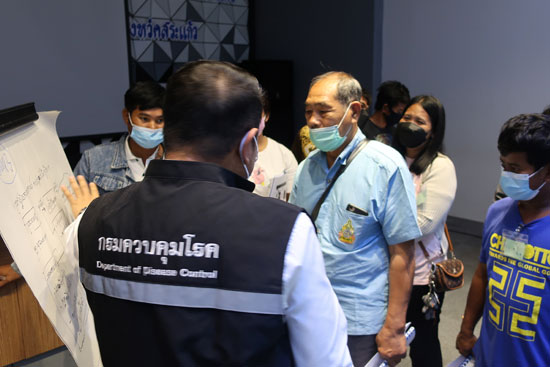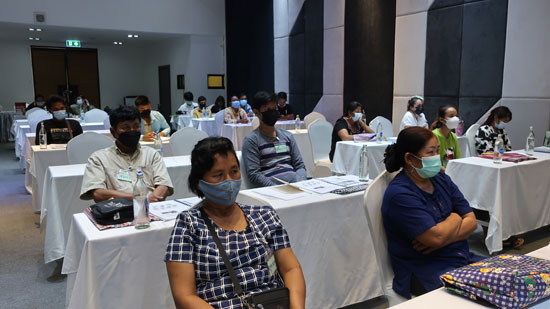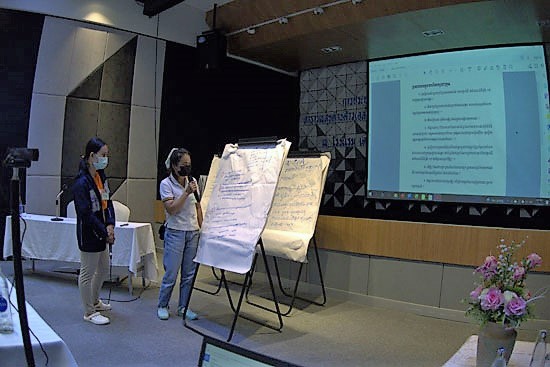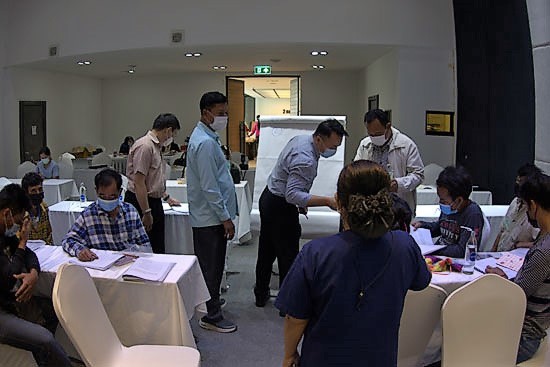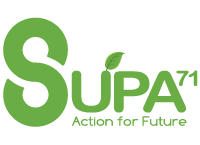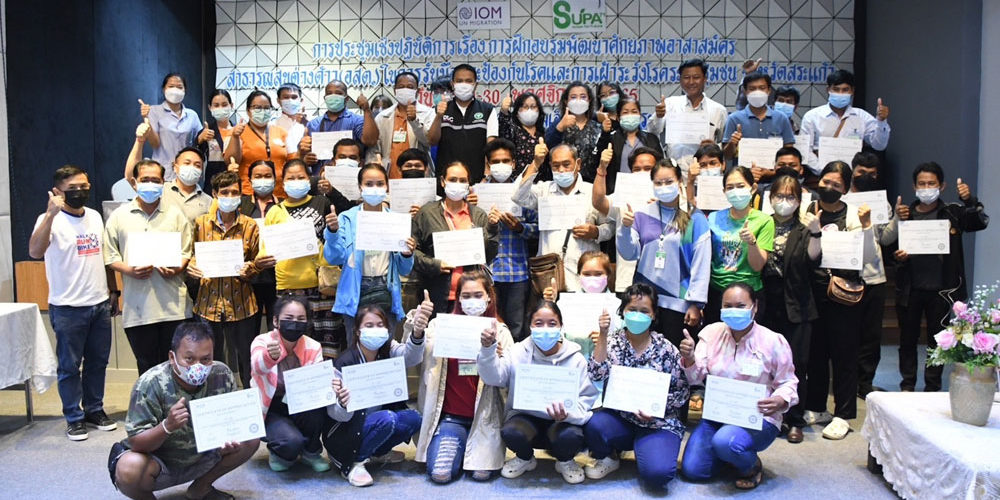The International Organization for Migration (IOM) is implementing the Enhancing Efforts and Strategy for the Protection and Promotion of Global Population’s Health: Strengthening the Prevention of COVID-19 Infections through Cross-Country Migration in the Greater Mekong Subregion (GMS) program. The organization recognizes the importance of preparing and planning response to migration and cross-border movements, as the economy has begun to recover, and the international borders have reopened following the improvement of the COVID-19 situation. In particular, the economic recovery trend has increased the demand for labour from neighboring countries. Moreover, it is difficult to estimate the exact number of migrants from neighboring countries, as they can cross the borders in various ways without passing through official crossings/checkpoints. Additionally, the state of emergency, including the regulations, notifications, and orders issued by the Prime Minister and the Cabinet under the Emergency Decree on Public Administration in Emergency Situations B.E. 2548 (2005), has been lifted nationwide from September 30, 2022. This has resulted in increased migration movements, as well as increased transmission risks of COVID-19 and other communicable diseases in destination communities.
Therefore, community preparedness and the development of border control measures to handle and prevent disease transmissions are crucial. IOM is committed to driving the capacity building of the existing migrant health volunteer (MHV) network as well as the training of new MHVs in order to strengthen community-level disease surveillance and to support the provincial disease surveillance teams in the screening, control, and prevention of communicable diseases among the migrant population.
Under the larger program, IOM and SUPA71 Co., Ltd joined forces to implement a three-month project from October to December 2022 to build the capacity of MHVs in disease response and prevention through community-level disease surveillance in four target areas, and to expand the local MHV network to support and strengthen community-level disease surveillance. The four target areas include Tak Province (Mae Sot District), Chanthaburi Province, Sa Kaeo Province, and Ranong Province, with SUPA71 Co., Ltd being responsible for implementation.
IOM and SUPA71 obtained strong collaboration and coordination from Ministry of Public Health (MOPH), Provincial Health Offices (PHOs), District Health Offices (DHOs), and local health facilities in the target areas. In addition, local CSOs, such as World Vision Foundation in Bangkok and the provinces provide supported for the training speakers and MHV recruitment for the training events.
We hope the training events could result to support MOPH, local provincial and district health offices, and local health facilities to promote knowledge and skill in prevention and control COVID-19 and other communicable diseases among migrants with the supports of the trained MHVs.
Chanthaburi
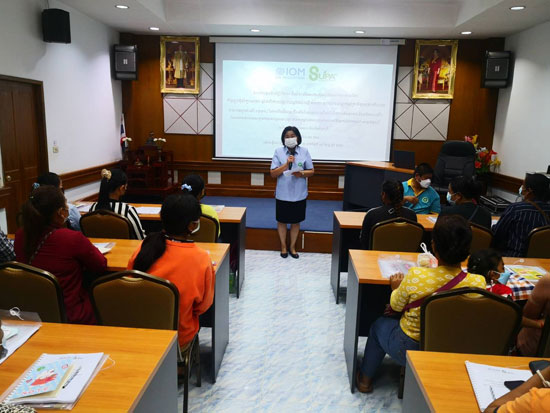
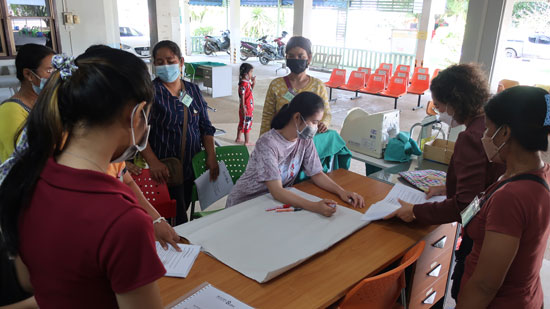
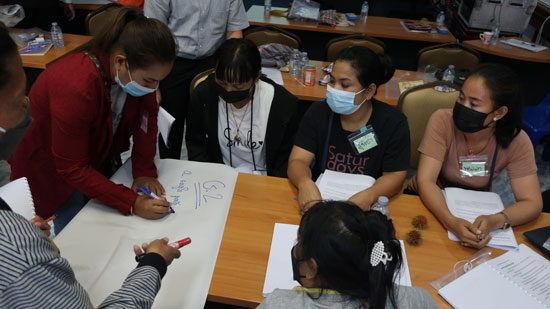
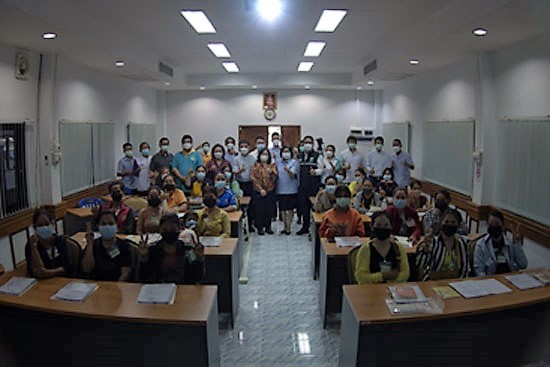
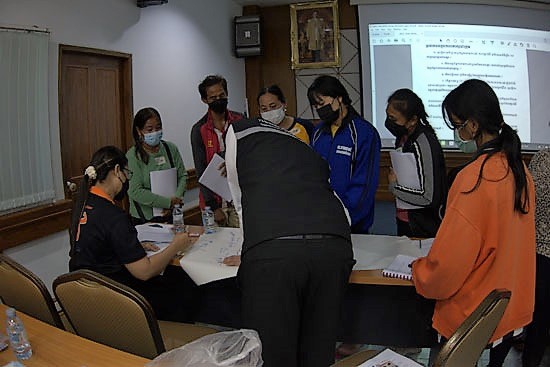
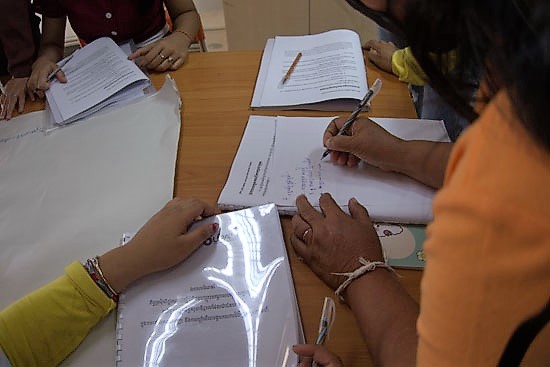
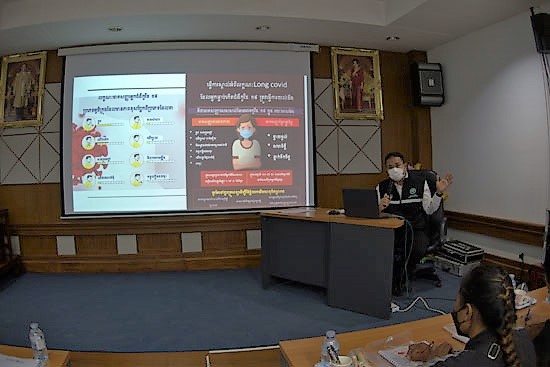
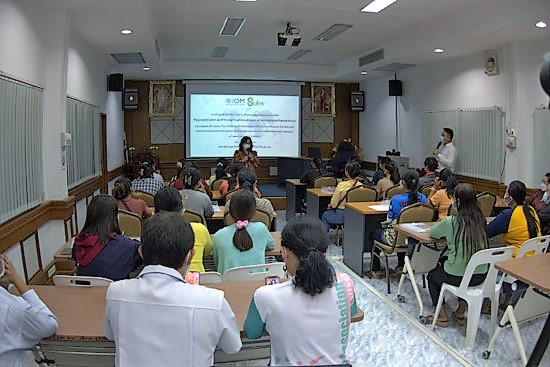
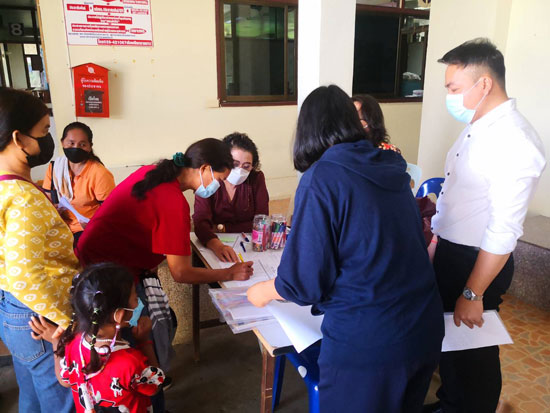
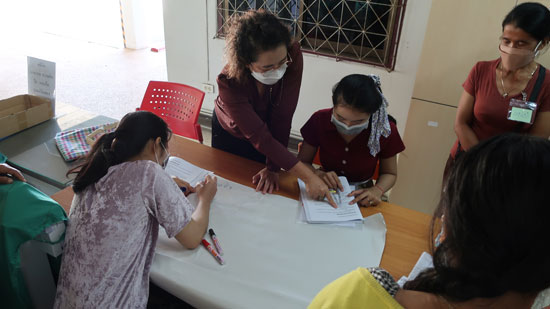
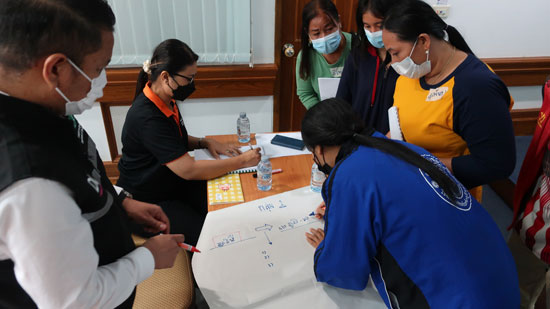
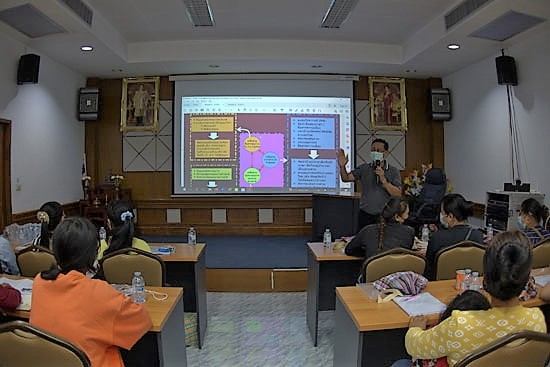
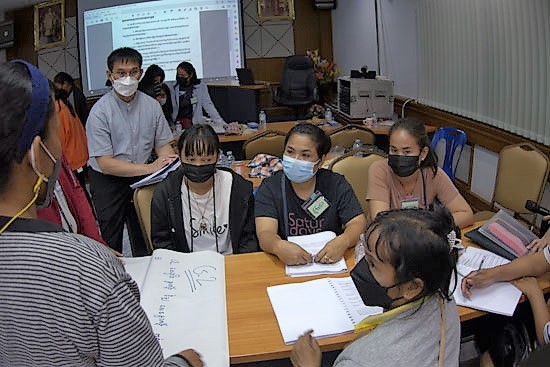
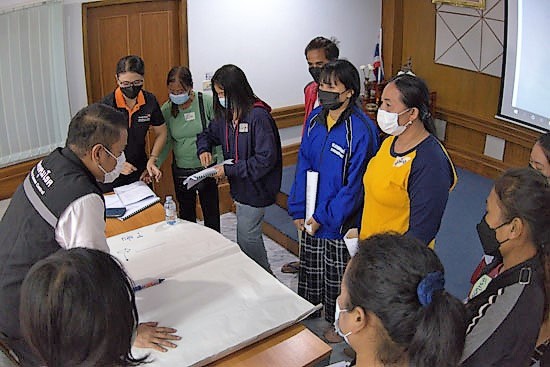
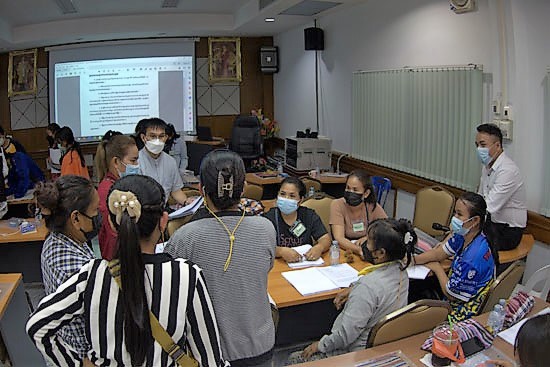
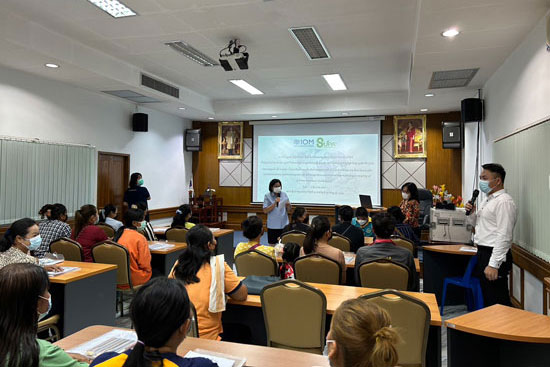
Mae Sot
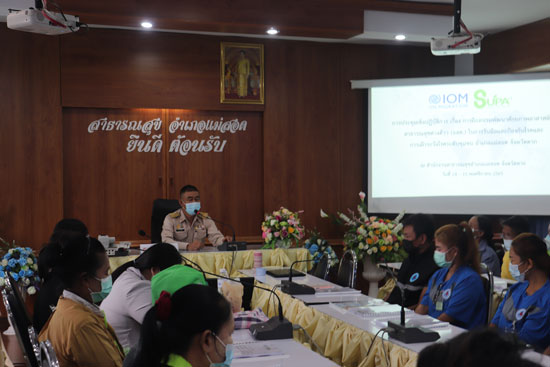
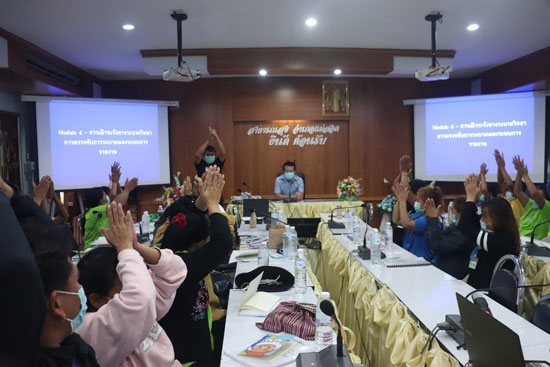
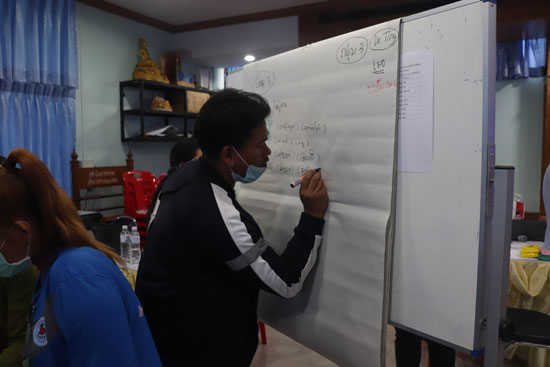
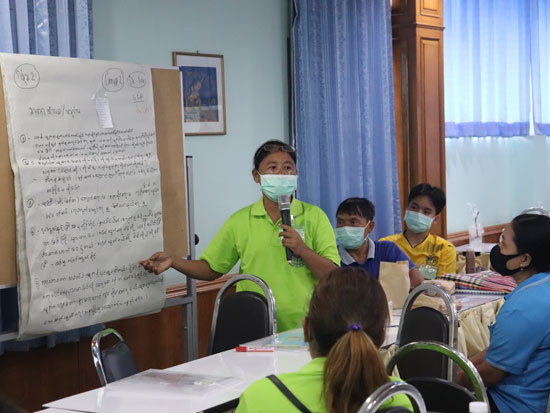
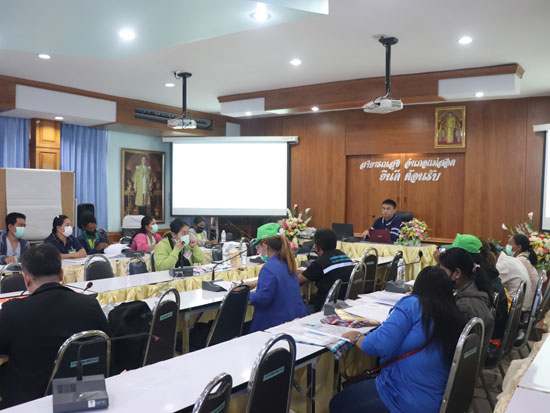
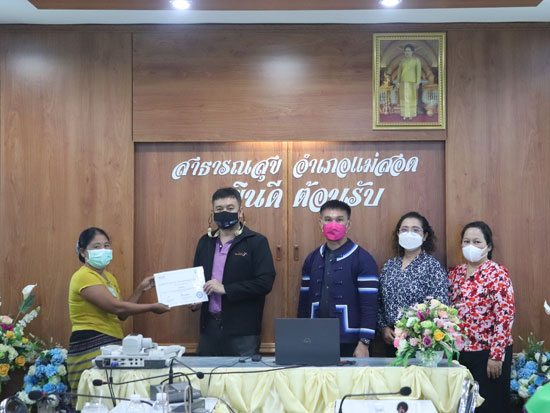
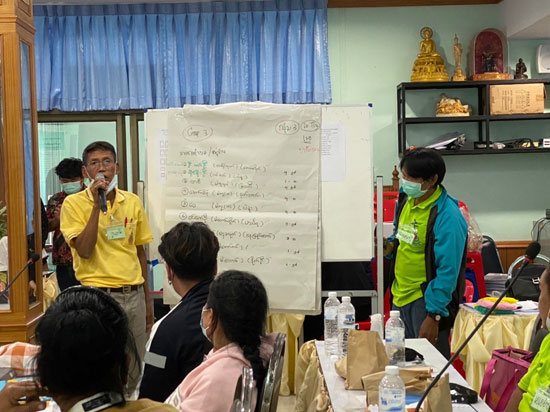
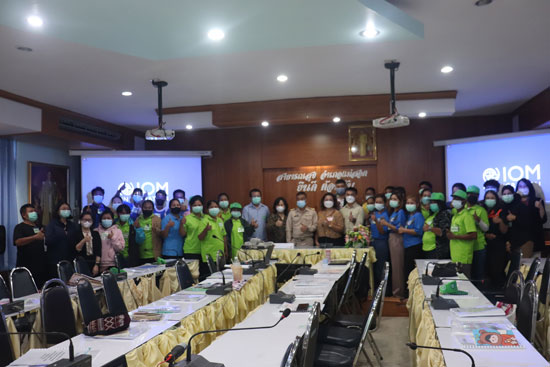
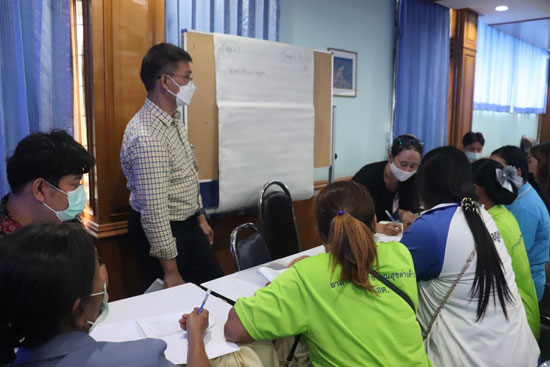
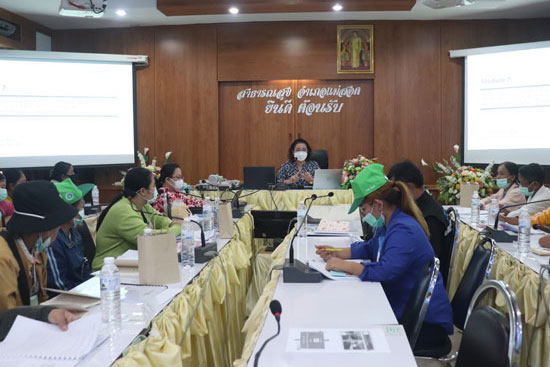
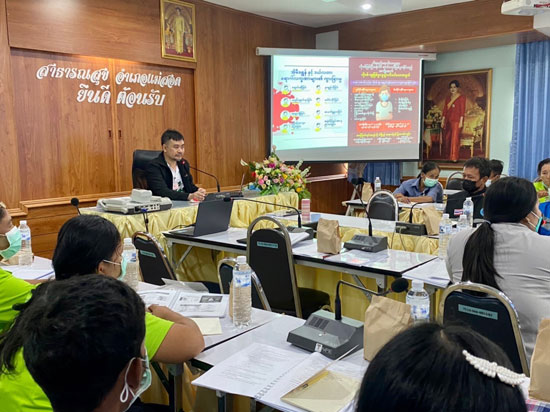
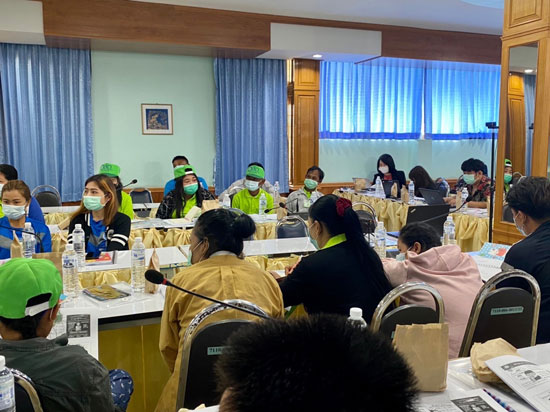
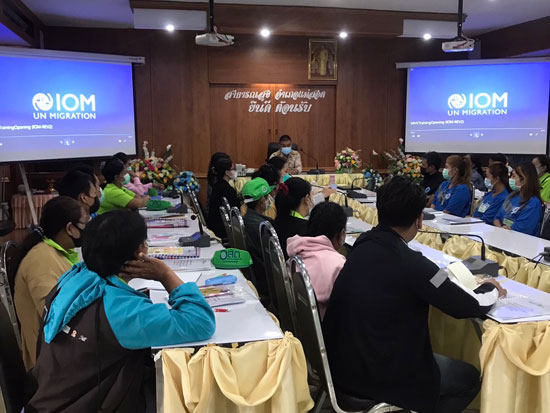
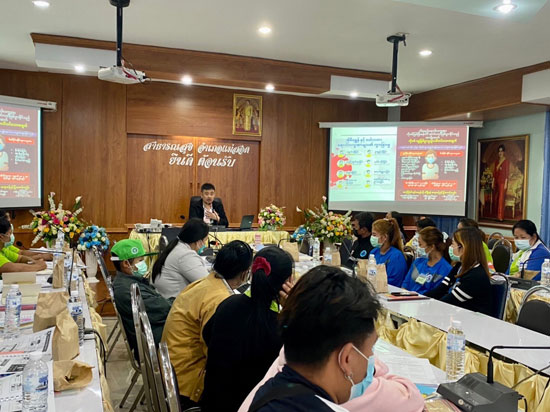
Ranong
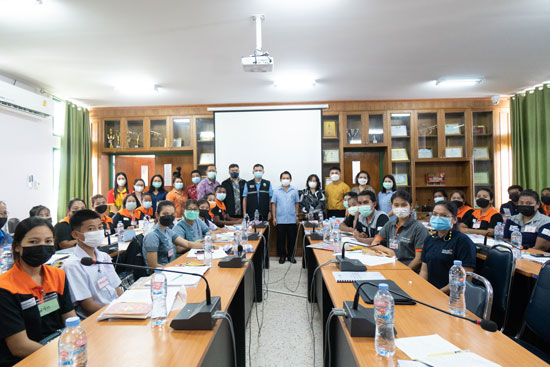
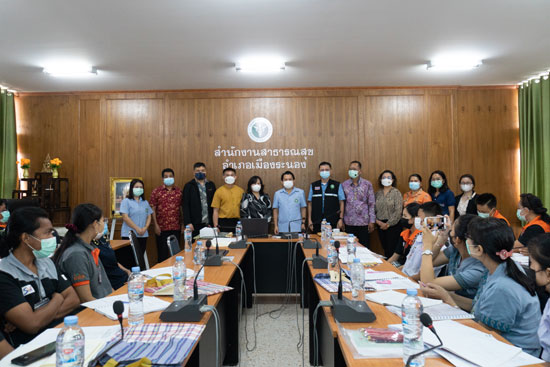
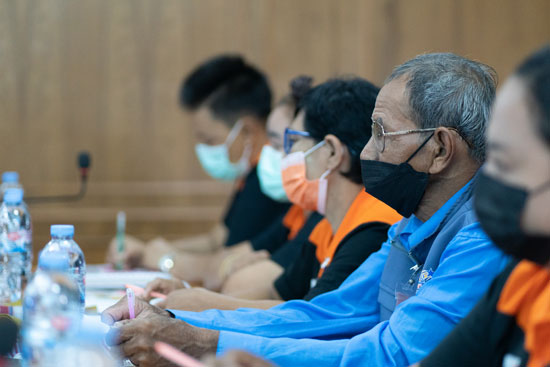
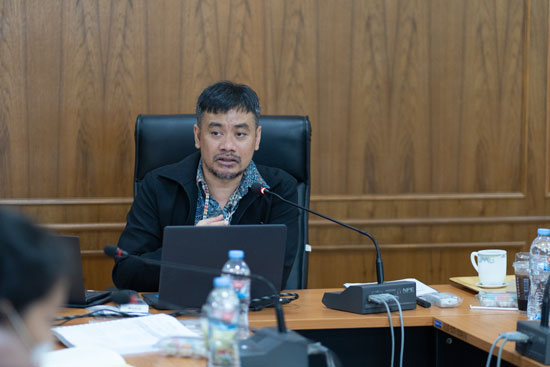
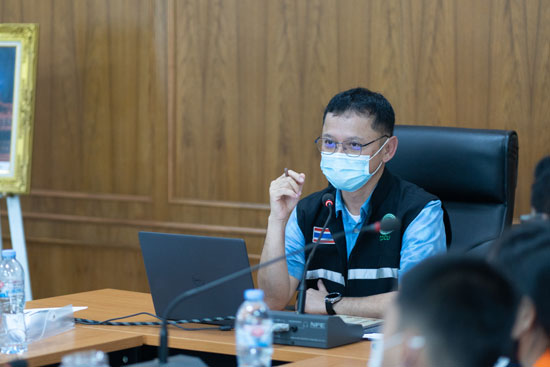
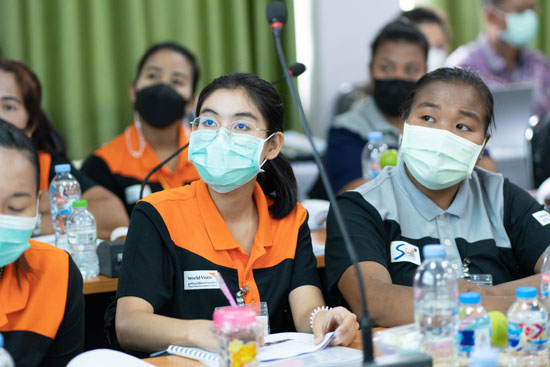
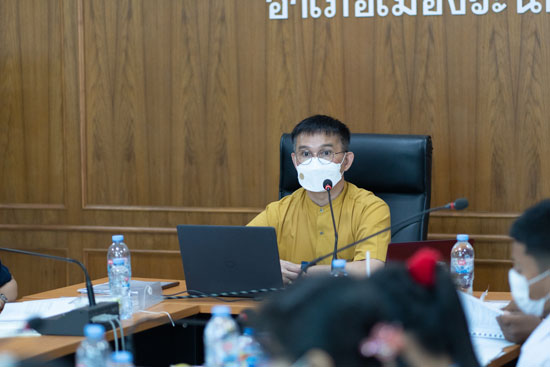
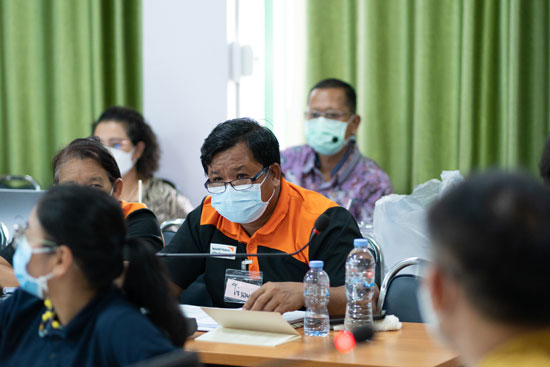
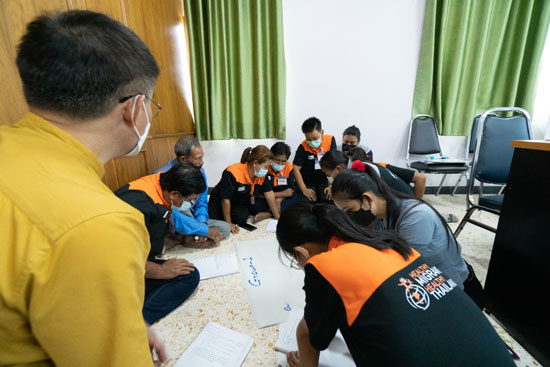
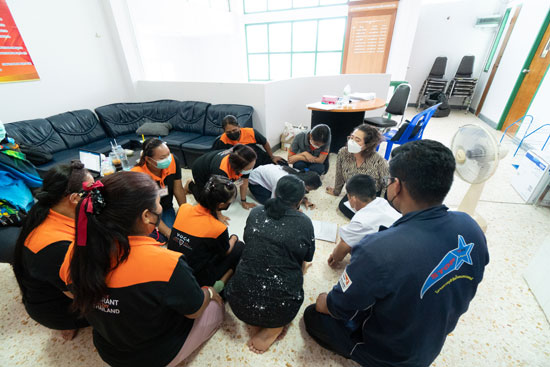
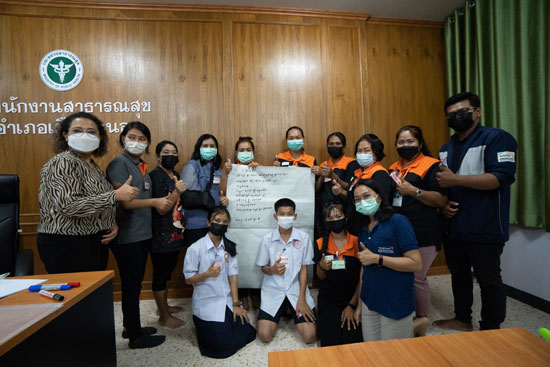
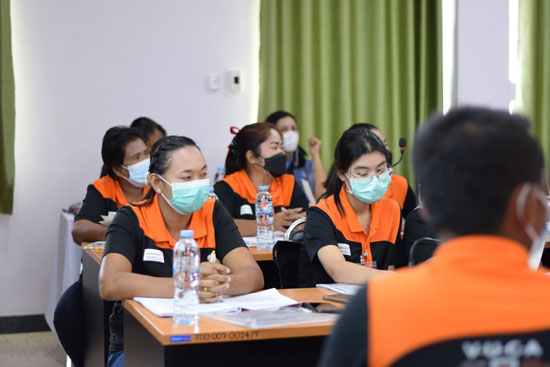
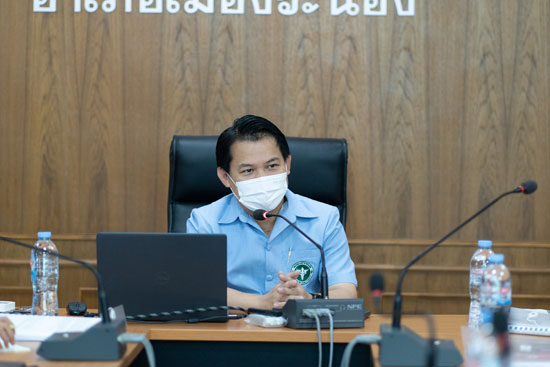
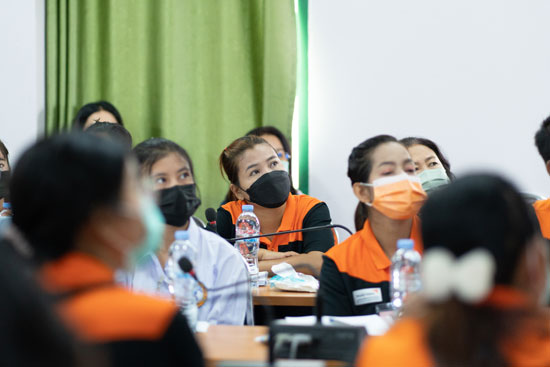
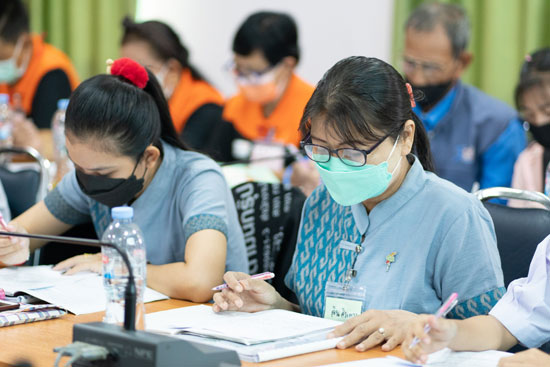
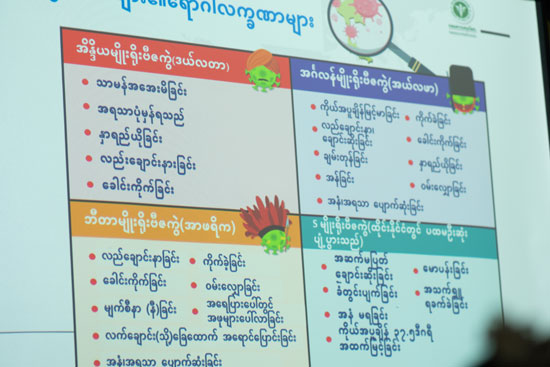
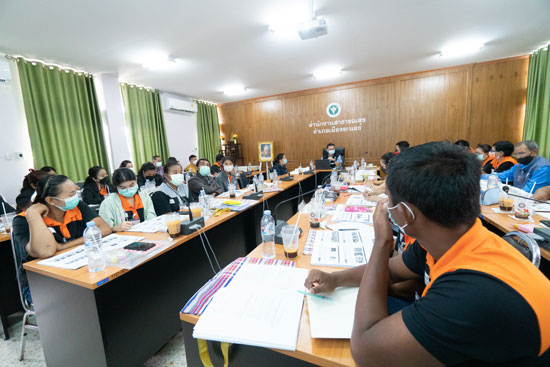
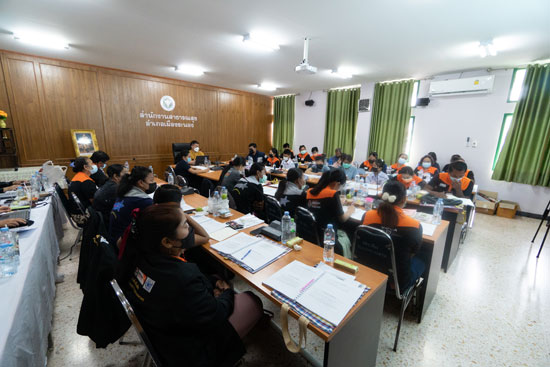
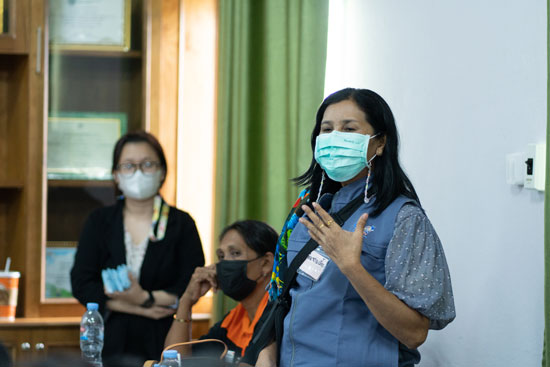
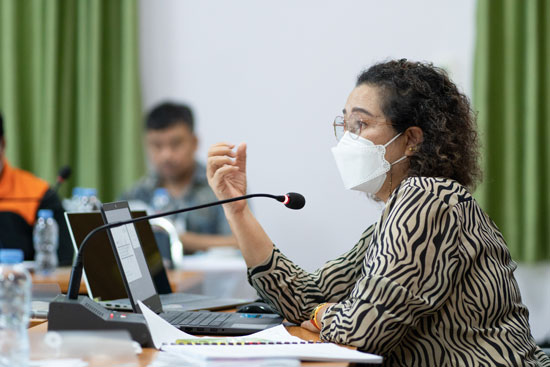
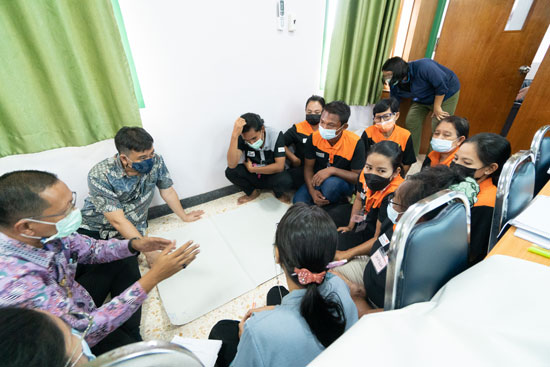
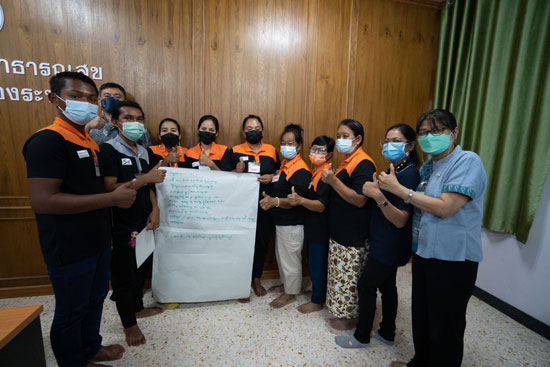
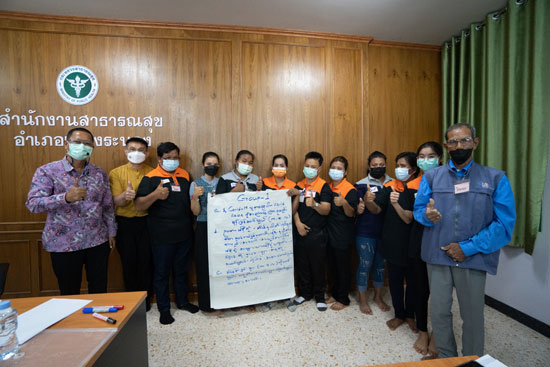
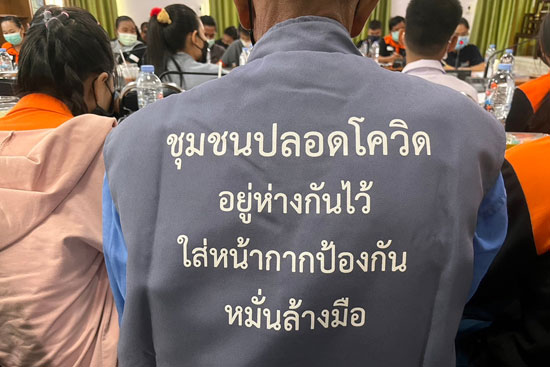
Sa Kaeo
